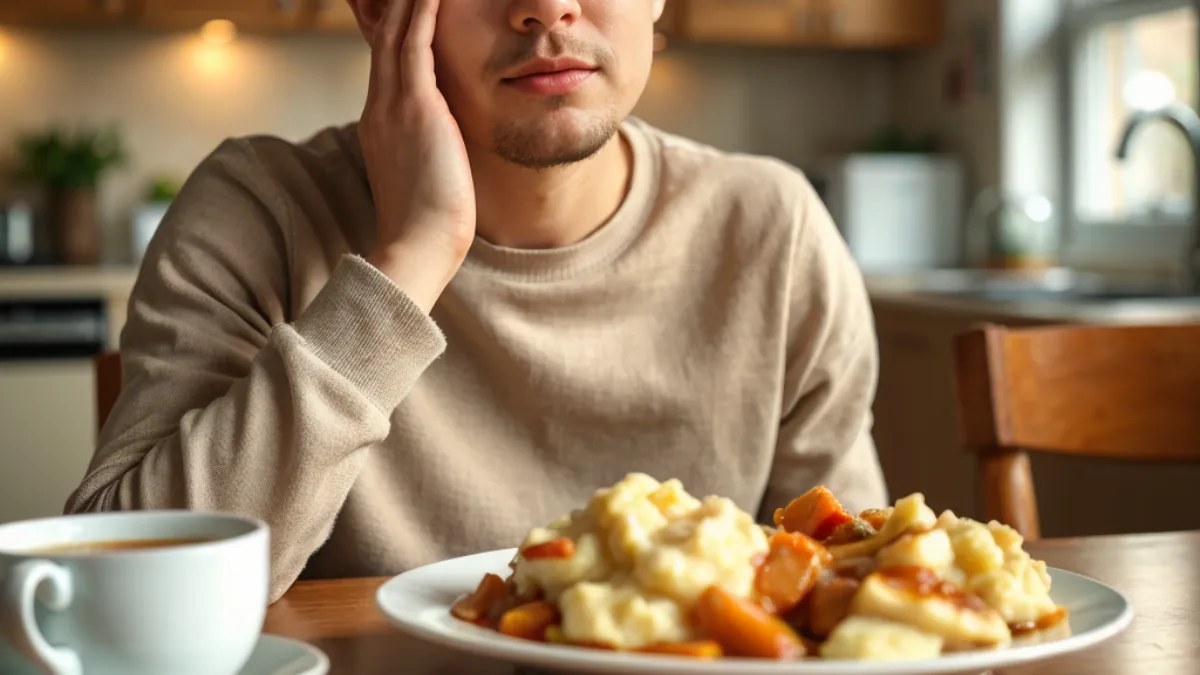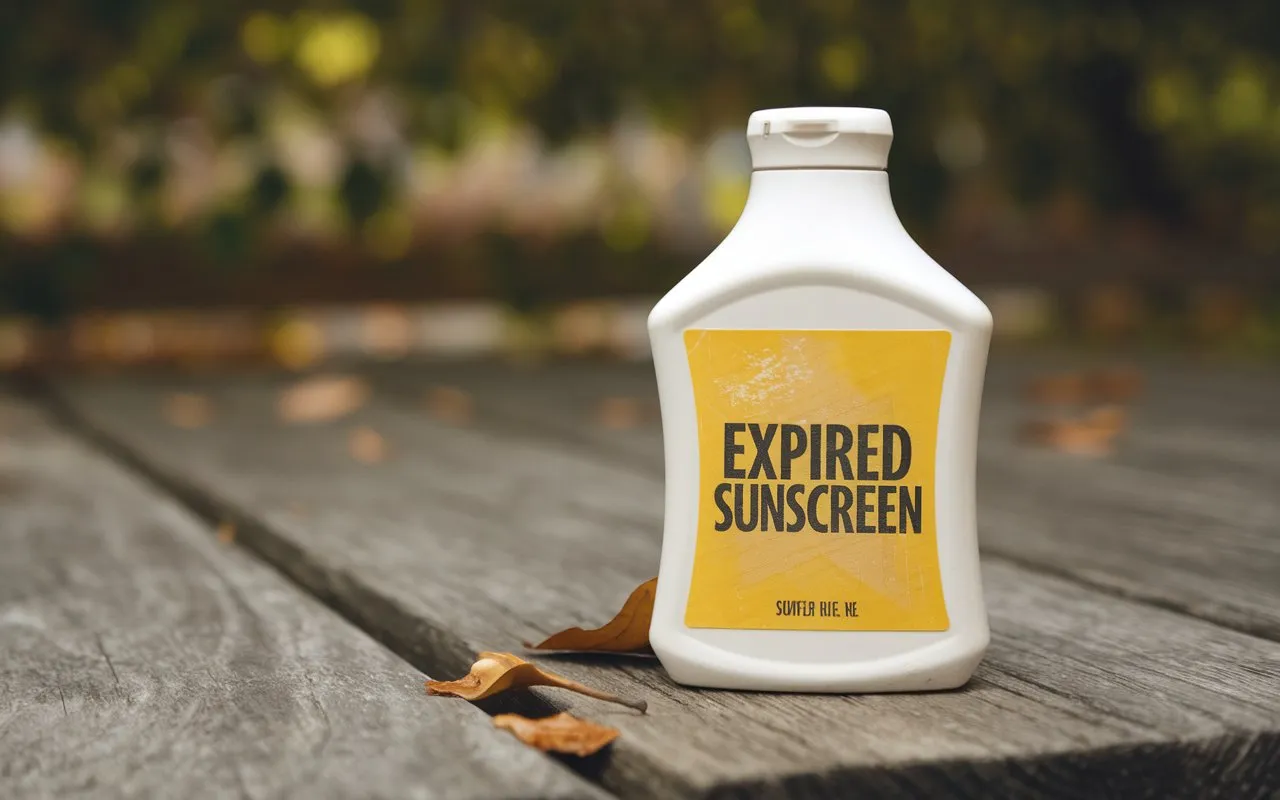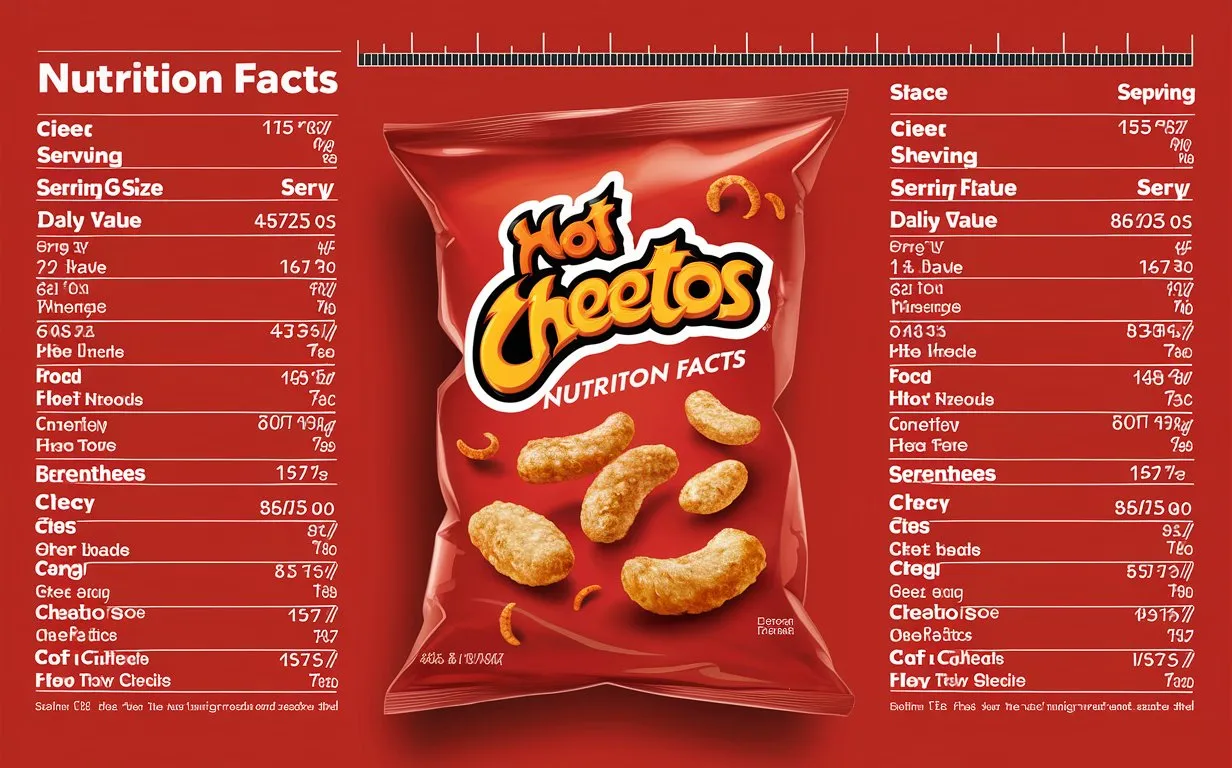Table of Contents
One of the most common questions patients ask when undergoing a root canal is, Can you eat after a root canal? This dental procedure can make anyone nervous, especially regarding what foods to eat and what to avoid afterward. Root canal treatment involves cleaning the pulp of a damaged or infected tooth, making aftercare crucial for recovery.
This article will uncover everything you need to know about eating guidelines after a root canal, tips for safe recovery, and essential dietary considerations, such as how to eat soft foods and avoid foods that could damage your temporary crown. Let’s dive into the details and reveal the truth behind what you should eat after your dental procedure.
Can You Eat After a Root Canal? A root canal: what is it?
One standard dental procedure called a root canal repairs decay or infection within the tooth’s pulp. During a root canal procedure, the dentist removes the damaged or contaminated tissue, cleans the area, and seals it to prevent further issues, helping to save your natural tooth.
The procedure involves removing the infected pulp, and while it might sound intimidating, it’s pain-free due to the anesthesia or local anesthetic used. The procedure involves cleaning the infected area and placing a crown or filling if necessary. Following the root canal treatment, recovery from a root canal depends on proper aftercare.
The dentist placed a temporary crown to protect your tooth until a permanent solution can be applied. Recovery is essential, especially when it comes to eating, since knowing which foods to eat is vital for a successful outcome. Once the treatment is over, schedule an appointment for a follow-up to monitor your tooth’s progress and health.
Can You Eat After a Root Canal?
Can you eat after a root canal? However, certain factors must be considered before diving into your next meal. Immediately after the root canal procedure, your mouth will still be numb from the local anesthetic, and chewing could pose a risk. During this period, avoid chewing or biting as it can lead to biting your cheek or tongue without realizing it.
This is why you must avoid eating immediately after the procedure. It is crucial to wait until the anesthesia wears off before considering foods like cold food or anything complex, as it can damage your temporary filling or dental crown.
When Can You Start Eating After a Root Canal?
After a root canal, it is best to wait until the numbness from the anesthesia completely wears off before eating. This typically takes a few hours. Once you regain sensation, you can start eating, but you must follow eating guidelines to avoid causing any damage to the treated area or the temporary crown.
Stick to eating soft foods, and avoid foods that require significant chewing effort—these foods are hazardous after root canal therapy. Foods that require little chewing are best during the first phase of recovery.
To prevent damage to the soft tissue around the tooth, it’s essential to chew on the opposite side of your mouth. Especially when it comes to eating, choose foods that are easy to manage, such as those listed in the aftercare instructions provided by your dentist.
Avoid extreme temperatures—either too hot or too cold—as they can cause discomfort or aggravate the treated area. Foods like chips, or those that are hard and could produce food particles, must be avoided, as they can interfere with the healing process or cause irritation.
If you have any questions or concerns, don’t worry—contact us anytime for further clarification or to schedule an appointment with your dentist. A root canal is a standard dental procedure; dental care is vital to complete recovery. Remember to brush and floss regularly, but be gentle around the treated tooth. Also, avoid chewing anything strenuous and eating foods that could harm the area, such as hard candies.
If you need more detailed aftercare instructions, or if you have questions about howhow long you should wait before resuming a regular diet, or if you need a root canal, please reach out. The American Association of Endodontists provides additional resources to help you learn more about root canal treatment options.
After all, your dentist’s guidance on eating guidelines and treatment options will ensure you can return to your regular diet without damaging your temporary filling or crown. Choose foods wisely and care for your mouth to ensure your recovery is as smooth as possible.
Why You Should Wait Before Eating
After a root canal, your mouth will feel tender, and your tooth may still be sensitive. Waiting until the anesthesia wears off will help you avoid unintentional injury. Eating too early can also affect your temporary filling, which may require special care until your permanent crown is placed.
Can you eat after a root canal? What Should You Eat After a Root Canal?
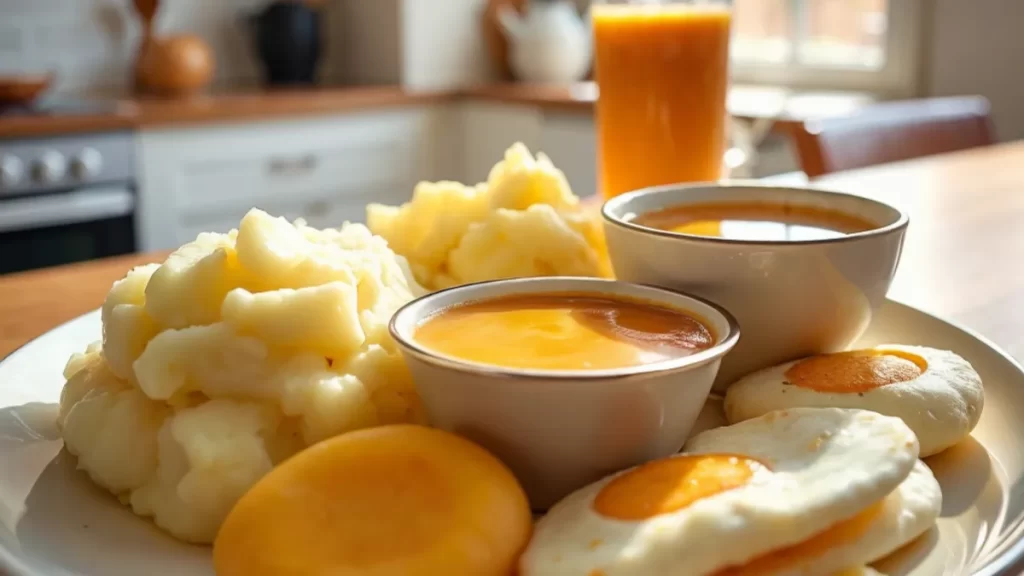
Once the anesthesia fades, the next important question is, What can you eat after a root canal? The key is to start with soft, gentle foods that won’t irritate the treated area. Here’s a list of recommended foods and foods to avoid during your recovery period.
Top Foods to Consume Following a Root Canal
Consume only soft foods that are comfortable to chew and won’t irritate your teeth. Below are some great options:
- Mashed Potatoes: Soft, comforting, and easy to consume.
- Soup: Avoid extremely hot varieties, but broth-based soups are gentle on your mouth.
- Yogurt: A creamy, cold option that can soothe any discomfort.
- Scrambled Eggs: Packed with protein and easy to eat.
- Smoothies: Full of nutrients and easy to enjoy without putting pressure on your tooth.
Foods to Avoid After a Root Canal
It’s also imperative to stay away from specific meals that may be harmful or discomfort to your tooth:
- Hard or Crunchy Foods: Nuts, chips, and raw vegetables should be avoided as they can be too hard on your recovering tooth.
- Sticky Foods: Gum, caramel, and candies can pull at the temporary filling or crown.
- Spicy or Hot Foods: These can irritate the sensitive area around the treated tooth.
- Alcohol: It can slow the healing process and increase the risk of complications.
Can You Eat Normally After a Root Canal?
Once the tooth has fully healed and the permanent crown is in place, you can gradually return to regular eating habits. However, your dentist may advise waiting a few days before eating hard or chewy foods on the side where the procedure was performed. This gives the treated tooth enough time to settle.
How Long Before You Can Eat Hard Foods Again?
It’s recommended to wait about a week before resuming your regular diet, including stiff or crunchy foods. Each person’s healing process differs, so it’s best to follow your dentist’s advice. Your tooth needs time to adjust after the root canal treatment, and eating hard foods too soon can cause discomfort or complications.
Can you eat after a root canal? Can You Drink After a Root Canal?
In the hours immediately following your root canal, it is best to stick to water or non-acidic beverages. Hot drinks or sugary beverages like soda can irritate the tooth or cause sensitivity. Once the initial tenderness subsides, you can enjoy drinks as usual. However, avoid alcohol, especially if you’re taking any pain-relief medication, as it can interfere with the healing process.
Also Read: Can You Get Sunburned Through a Window? Shocking Truth Reveal
Can you eat after a root canal? Advice for a Painless Recovery Following a Root Canal
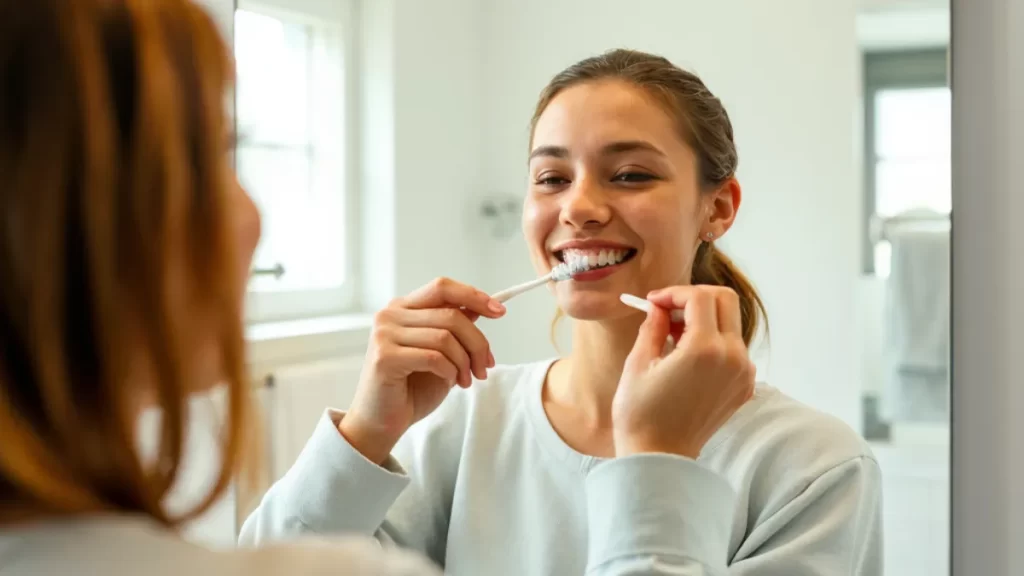
Beyond understanding what to eat and what not to consume, there are several things you can take to guarantee a quick and complete recovery following your root canal.
Practice Good Oral Hygiene
Maintaining oral hygiene is essential after a root canal. Brush gently around the treated tooth, and continue flossing to keep your mouth clean and bacteria-free. You can use a UE toothbrush with soft bristles,s, and fluoride toothpaste, which will help shield your teeth as they heal.
Use Pain Relievers As Directed
It’s typical to feel a little uncomfortable following the surgery. Ibuprofen and other over-the-counter painkillers can help reduce the pain. Always take medications as your dentist prescribes, and avoid anything impeding your healing.
Follow Your Dentist’s Instructions
Following the operation, your dentist will give you detailed instructions. These may include avoiding certain activities or scheduling a follow-up visit. Adhering to these guidelines ensures a better outcome for your treatment and long-term oral health.
Can you eat after a root canal? You can, but it requires patience, care, and food choices. By waiting until the anesthesia wears off, sticking to soft foods, and avoiding anything too hot, rigid, or sticky, you’ll help your tooth heal. Remember to follow your dentist’s recommendations for optimal recovery. Soon enough, you’ll be able to eat normally again without discomfort.

